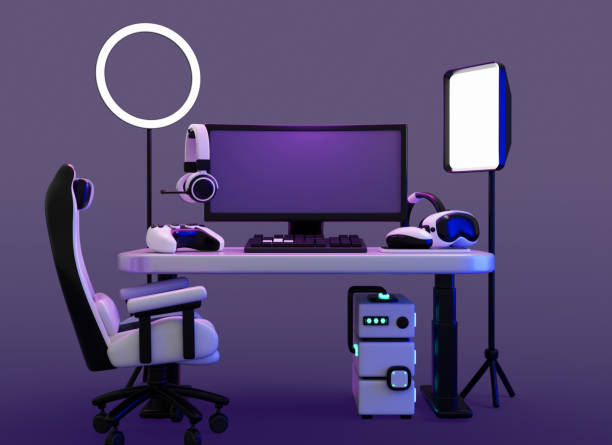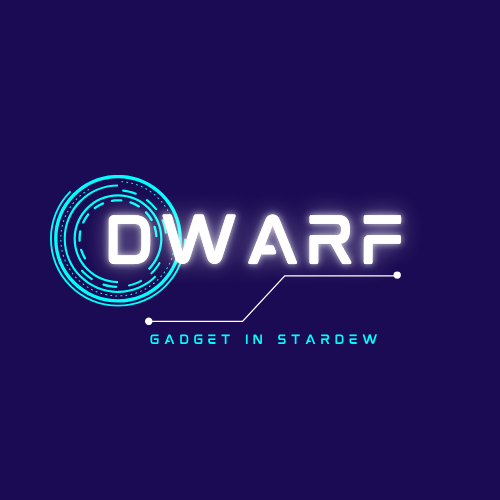In today’s fast video game world, there is one obvious fact: players are everywhere. Millions of people pick controllers in Tokyo, go online in São Paulo, or download mobile games every day. Yet, many developers are still struggling to connect with these players. The missing link? Localization.
If your game only speaks to one market, you’re leaving a global opportunity on the table. Game localization services aren’t just about translation; they’re about reshaping your content so that it feels native to every player, regardless of where they are in the world.
What Does Game Localization Mean
The process of localization doesn’t simply translate words or sentences; rather, it’s a full-fledged procedure that adapts everything related to a game to match the language, cultural aspects, and expectations of a region for which it can be released. It is everything, from voiceovers, menus, and user interface to in-game signs, formats of dates and time, even character names, and colors or graphics.
It ensures the experience of gameplay, tone, and storyline to seem familiar and relatable to different nations’ players without disturbing the core of the experience.
Why Localization Drives Global Success
Let’s explore how localizing your game can transform your reach and impact.
1. It Opens Doors to New Markets
Indeed, many limits are considered being launched in just one language. With localization, one’s game accessibility reaches a lot more users. It means higher downloads, more in-app purchases, and better engagement figures.
Players can buy and enjoy games much more if they feel natural in their language. Cultural references and language don’t fit, and they abandon the game no matter how phenomenal its design is.
2. It Improves the Player Experience
When a player can read in-game instructions, follow a plot, and enjoy dialogues in his or her language, they tend to spend more time playing and play more. Game localization services remove the friction that exists between a player and the game. Less friction spells more fun.
4. It Gives You a Competitive Edge
To be perceived at all in this crowded app store and game market landscape, localization can even work to your advantage. It pushes you to take the lead in a new market so that your game can be established as a brand name ahead of others.
What’s Involved in Game Localization?
Game localization includes much more than text translation; it is an extensive process tailored to adapt a game to various regions without losing its original charm. The first step involves text translation: anything from menu options to mission briefings, ensuring that all language used in the game is comfortable and natural for the target audience. Cultural adaptation ensures that idioms, jokes, references, and gestures of characters may need modification to respect the local scene.
The voiceover and audio localization parts are just as important, with subtitles and dubbing modified, where applicable, to the local accent or speech patterns.
Design and layout modifications usually need to be made, as adjusting one or more interface elements is necessary when a longer word-for-word translation is required in some foreign languages.
Distinct colors, images, or symbols can convey opposite meanings in different cultures; hence, changes can be made with extraordinary care to avoid misinterpretation. To carry out these tasks efficiently, numerous developers enlist the services of professional game localization. Using their services embarks on the entire course of work from translation, thereby taking care of the game and customizing it according to every possible expectation of the players involved in that respective region.
Avoiding Common Mistakes
Localization failure can damage your game’s reputation and create negative reviews and dissatisfaction among players. The most typical mistakes happen when you use a straightforward translation tool for your localization. A machine translation lacks much of the context and tone necessary for non confusion or perhaps offense in the mind of the customer. The absence of such details sets the legal translation apart from linguistically closer languages. Reference to regional differences is another incorrect way, though even a culture with the same language has its unique phrases relating only to that country and cultural references only significant for the people of that country.
Quality assurance is another factor skipped and can allow bugs, awkward situations, or formatting errors to slip in without detection, thus spoiling the overall user experience. Secondly, it is a trap to leave localization until the last stage of development because it also paves the way for hurried fixes and expensive rework. Many game developers, however, avoid such mistakes and pitfalls when they are going for their international launch by going for gaming translation services instead.
Making Localization Part of Your Strategy
It is important to localize your strategy to reach your global audience more smoothly. Begin early with localization in the design and content pipeline. Use adaptable tools, such as game engines with multi-language functionality, to provide flexibility for localization. Also, keep your content modular so that updates can be made easily while replacing language-specific visual or text materials. For those in the gaming industry, incorporating game translation services ensures that your game is not only accessible but also culturally relevant in different regions. Work with natives and localization experts who know the local ins and outs that can essentially change the user experience.
Finally, test, test, test! Do in-region playtesting and collect feedback from all the players to put the final product through real challenges: to feel authentic, polished, and truly localized for each target market.
Wrapping Up
Localization is essential to attain a worldwide audience in video games. This is more than mere translation; it adapts content to cultural and linguistic differences specific to each region. If game translation services are captured early, it guarantees that the game speaks to every audience, thereby enhancing access, engagement, and market reachability.
Localization will open new markets, increase player experience, and benefit in creating market competition. Work with professionals to have the game localized for the different regions and ensure that it feels native and authentic. With the right localization planning and testing, the game can very well be ready for a grand worldwide success.



